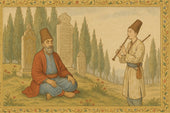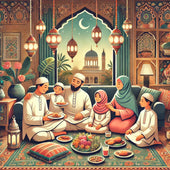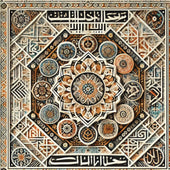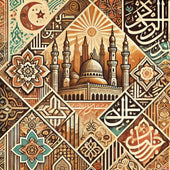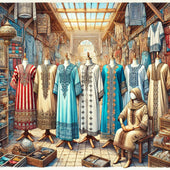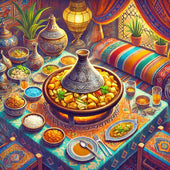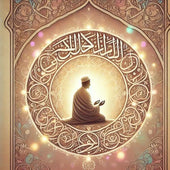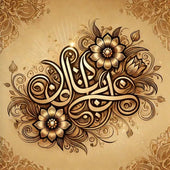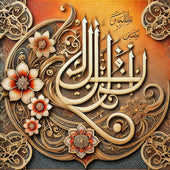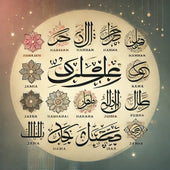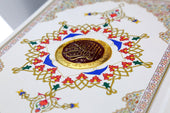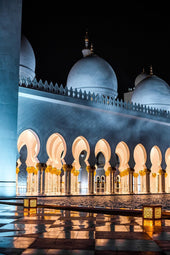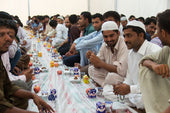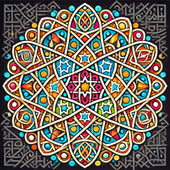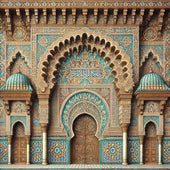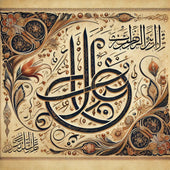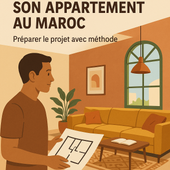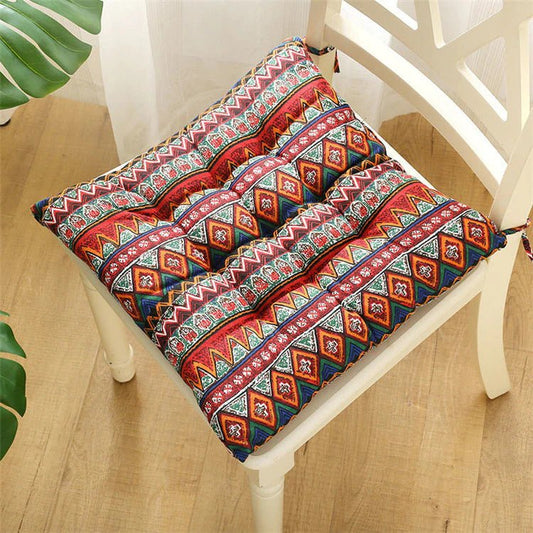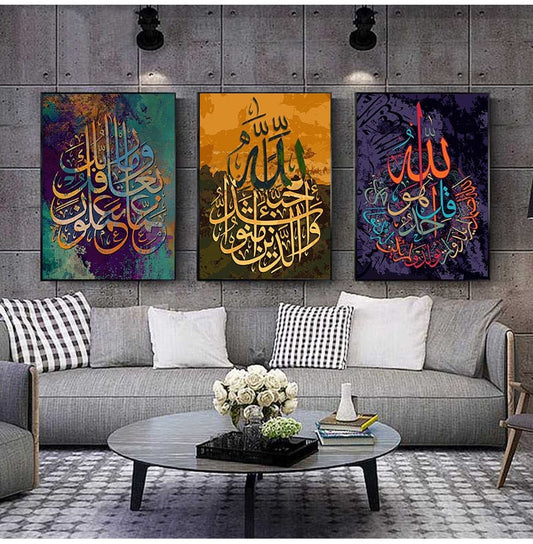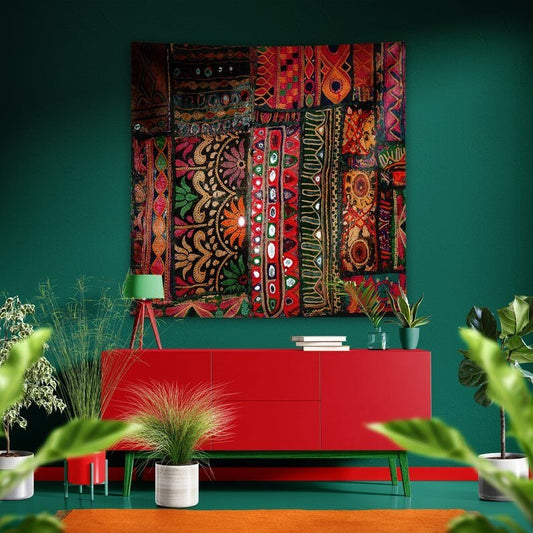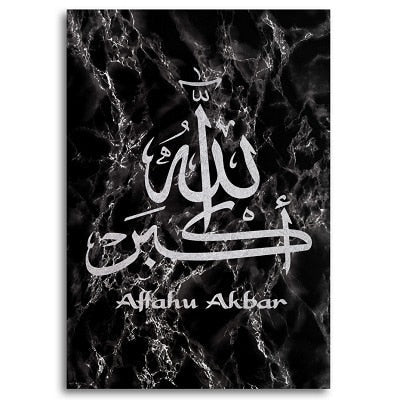Engagement in Islam is an important step before marriage, marking a formal agreement between two individuals who wish to marry. This is a well-respected tradition, but it should be noted that engagement does not have the same status as marriage in Islam. They are considered a promise of marriage, but the couple is not yet religiously married.
I. Engagement in the Quran and the Sunnah
Betrothal as such is not explicitly mentioned in the Quran or the Sunnah. However, the concept of asking for a woman's hand from her family is well entrenched in Islamic tradition.
What is the meaning of betrothal in Islam?
Engagement in Islam is used to publicly announce the intention of two people to marry. This is an important step that allows the bride and groom to get to know each other and prepare for their future married life. During this period, the future groom can give his future bride a gift, called "mahr", which can be money, jewelry or anything else of value.
What are the rules of engagement in Islam?
There are several rules regarding betrothal in Islam. First of all, the consent of both parties is essential. Second, it is best not to extend the engagement period unnecessarily. Finally, even during the engagement period, the couple must respect Islamic rules regarding the interaction between unmarried men and women.
II. Traditions and cultural practices
It is important to note that many traditions surrounding engagement in Islam vary by culture and country. Here are some common traditions:
- The marriage proposal : This tradition implies that the future groom officially asks the hand of the future bride to his father or his guardian. This is an opportunity for the two families to meet and discuss the details of the wedding.
- The exchange of gifts : It is common for the future groom to offer a gift to the future bride during the marriage proposal. This gift is usually of value and may include jewelry, cash, or other valuables.
- Engagement Ceremony : Some cultures have a formal engagement ceremony where family and friends are invited to celebrate the couple's engagement. However, this practice is not universal and varies from culture to culture.
III. The Difference Between Engagement and Nikah
It is crucial to understand that betrothal in Islam is different from Nikah or Islamic marriage contract. The engagement is a promise of marriage, while the Nikah is the marriage itself. During the engagement period, the couple is not yet married according to Islamic law, and therefore they must observe the appropriate rules of interaction.
Summary table
| Engagement stages | Description |
|---|---|
| marriage proposal | The groom-to-be formally requests the hand of the bride-to-be from his father or guardian. |
| Gift exchange | The future groom offers a gift to the future bride. This gift is usually valuable. |
| engagement ceremony | Some cultures have a formal engagement ceremony where family and friends are invited to celebrate the couple's engagement. |
FAQs
1. What is the meaning of betrothal in Islam?
Engagement in Islam is used to publicly announce the intention of two people to marry. This is an important step that allows the bride and groom to get to know each other and prepare for their future married life.
2. What are the rules of engagement in Islam?
There are several rules regarding betrothal in Islam. The consent of both parties is essential. It is best not to extend the engagement period unnecessarily. And even during the engagement period, the couple must respect Islamic rules regarding the interaction between unmarried men and women.
3. What is the difference between betrothal and Nikah in Islam?
The engagement is a promise of marriage, while the Nikah is the marriage itself. During the engagement period, the couple is not yet married according to Islamic law.
Conclusion
Engagement in Islam is a rich and significant tradition that precedes marriage. Although traditions and practices may vary from culture to culture, the goal remains the same: to celebrate a couple's commitment to getting married and building a life together. To learn more about the traditions and rules of Islam, visit our website: Oriental Decorator .



